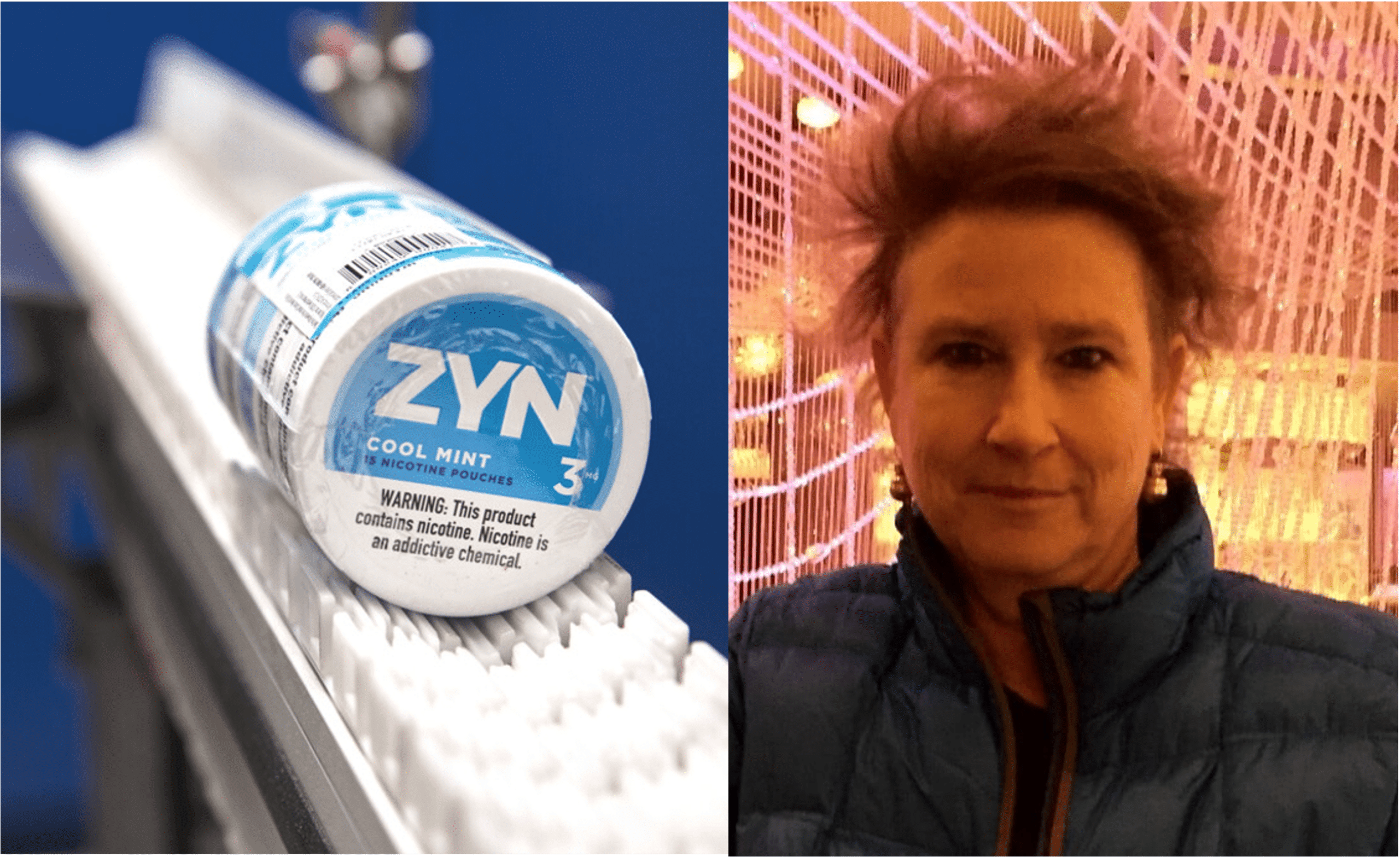
‘Blatant moralism’ behind campaign against tobacco-free nicotine products
As Sweden waits for a decision on how to regulate of tobacco-free nicotine products, Helen Stjerna, Secretary General of A Non Smoking Generation, has criticised the category in a debate article. Patrik Strömer, Secretary General of Association of Swedish Snus Manufacturers, has hit back.
“Anyone who really cares about public health cannot continue to take this sort of position, which in practice only benefits the cigarette industry,” Strömer wrote in a new debate article in the Göteborgs-Posten newspaper.
Tobacco-free nicotine products are a new trend on the global market. The category includes, among other things, tobacco-free nicotine portions such as the Swedish brand Zyn, which is used in the same way as snus.
The only difference is that these products contain no tobacco, meaning there are as yet no common EU guidelines on how member states should regulate them.
In Sweden, the work on regulating tobacco-free nicotine products was launched last year by the country’s health minister, Lena Hallengren, with a decision to launch an inquiry on how the regulation should look. The results are to be published by March 31st.
In the run-up to the publication, Helen Stjerna, head of the anti-tobacco lobbying organisation A Non Smoking Generation, has written a series of opinion articles criticising tobacco-free nicotine products.
In her most recent article, she accuses their producers of marketing the products to young people on social media.
“Besides the fact that consumers often consider tobacco-free as something that is not dangerous, the industry can also get around the tobacco taxes that push the product out of the reach of price-sensitive youth,” she wrote in Göteborgs-Posten.
Sweden: the EU’s lowest smoking rates
Stjerna made the claim on the back of research which Non Smoking Generation itself ordered and paid for.
But Patrik Strömer, Secretary General for the Association of Swedish Snus Manufacturers, has hit back with a response in the same newspaper, noting that Sweden stands out in the European Union as the country with the fewest smokers and the lowest levels of tobacco-related deaths.
“That isn’t because Swedes use less tobacco, but because most use snus rather than smoking. How can that be anything other than positive,” he writes.
He pointed out that the snus industry had already reached a formal agreement among its members as to how to sell and market tobacco-free nicotine portions, with the agreed rules resembling those already in place for snus.
Among other things, the industry has agreed to place health warnings on packaging, refrain from advertising the product, and abide by an age limit on purchases.
“Snus manufacturers hope the result of the inquiry, when presented later this spring, will lead to the rules already in place due to the industry’s agreement becoming law,” he writes.
‘Positive’ shift away from combustibles
In the EU, there are over 100m smokers at risk of dying from lung cancer and the other dagerous diseases caused by lung cancer.
To continue presenting cigarettes and tobacco-free nicotine products as equally dangerous flys in the face of efforts to promote public health in Sweden and Europe.
“That large parts of the tobacco industry have started to shift away from combustible products is fundamentally positive. It can be compared to car manufacturers bringing in catalytic converters and seat belts,” Strömer writes.
In his conclusion, he questioned Stjerna motivations in arguing so strongly against tobacco-free nicotine products.
“The problem is that if adults start to use nicotine in a way that doesn’t pose a risk to their health, then organisations such as Non Smoking Generation will no longer be needed,” he suggests.
“That’s why they need to shift their business model from fighting something proven to be dangerous to fighting a moral campaign against something that they simply either don’t like, or don’t understand.”




